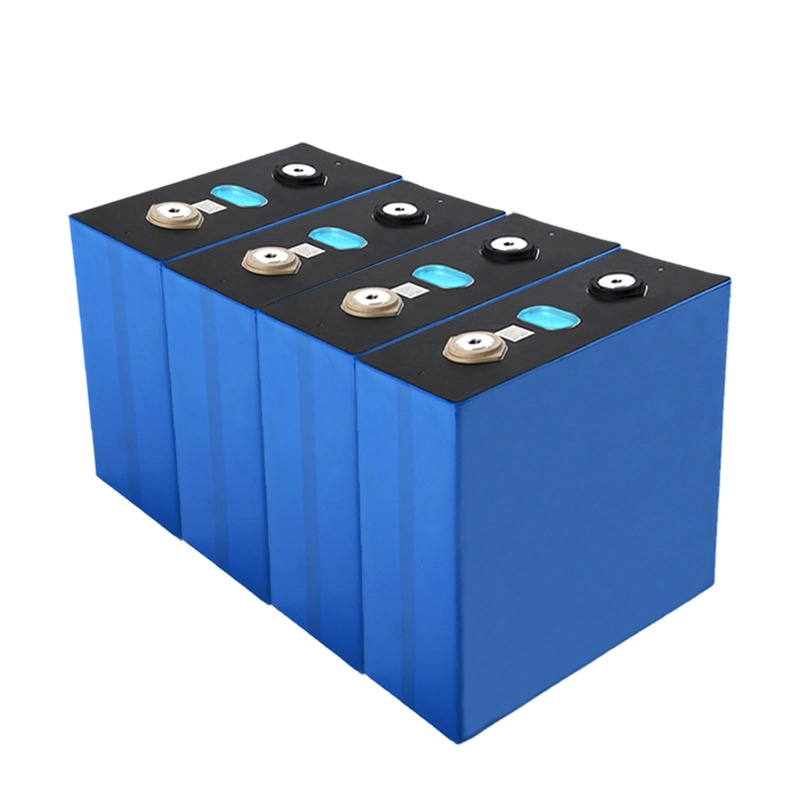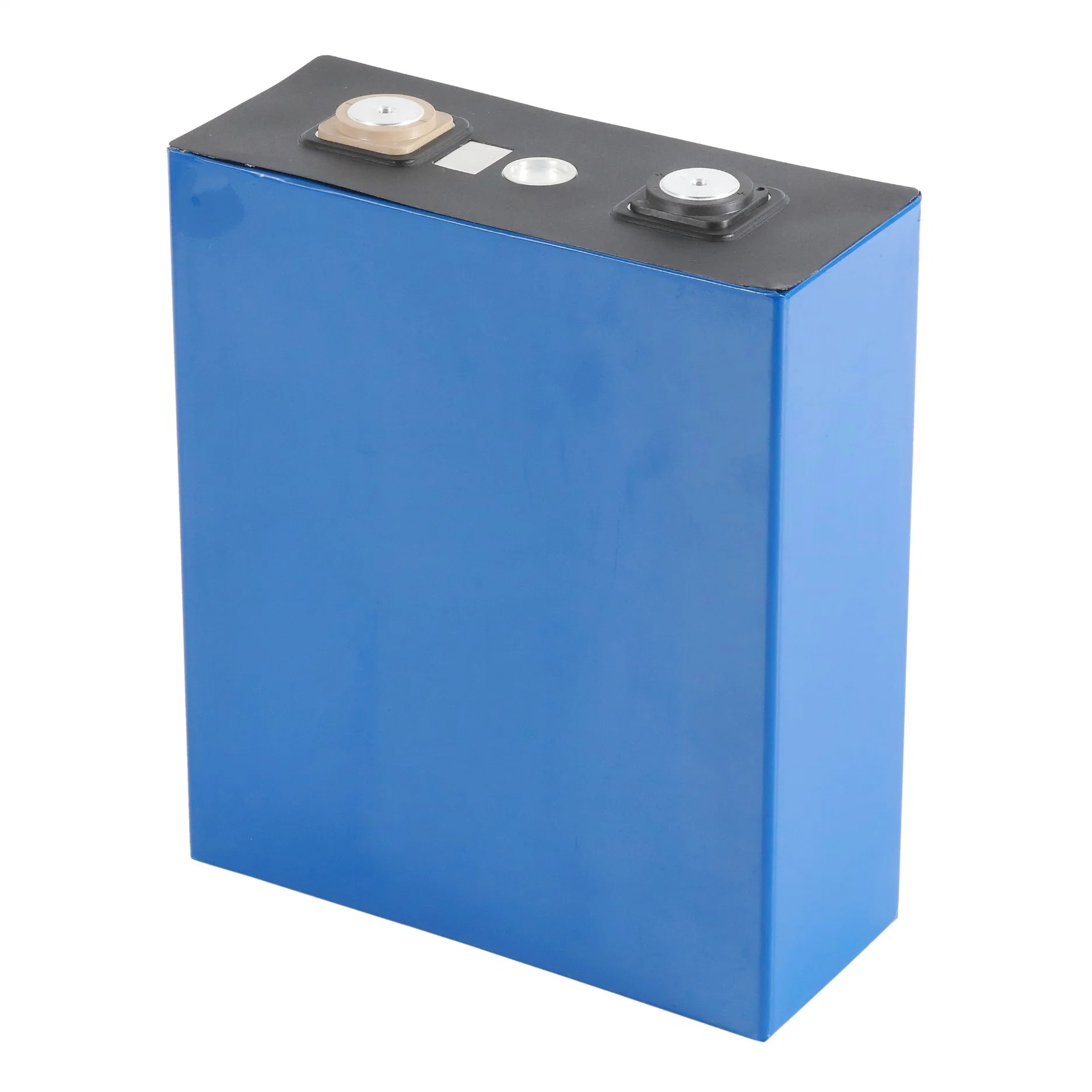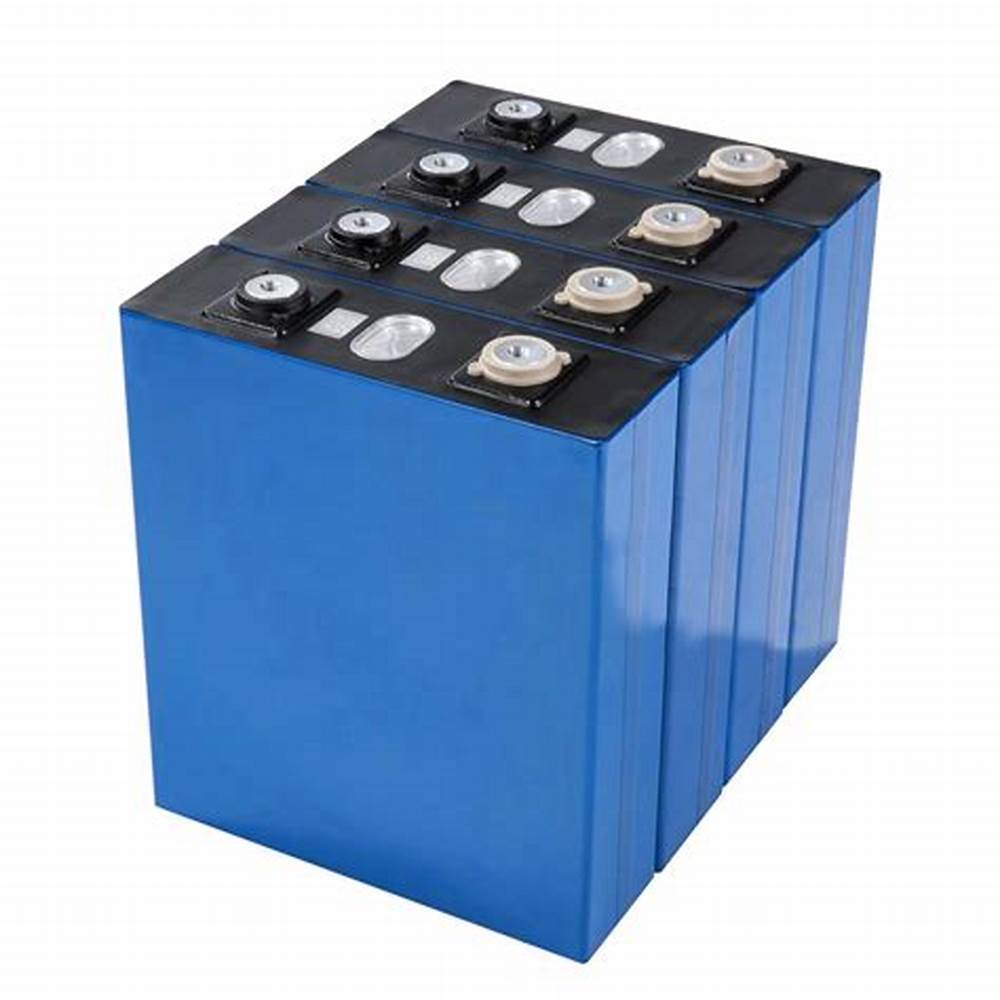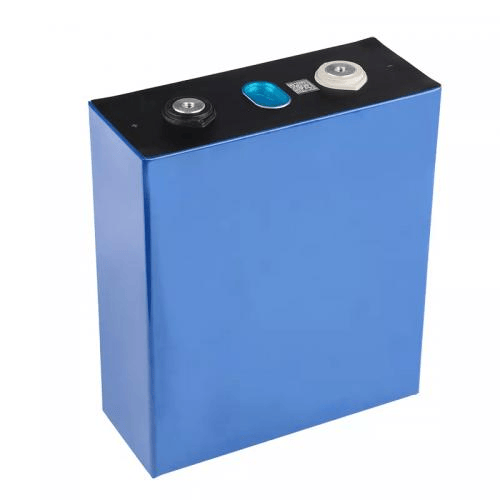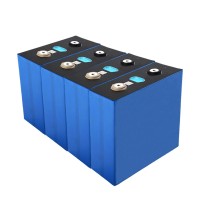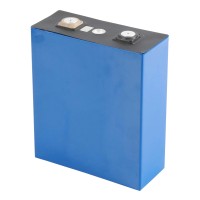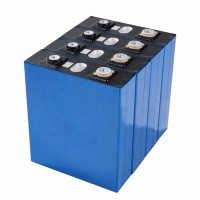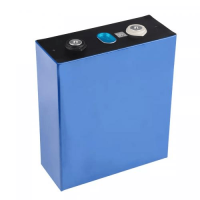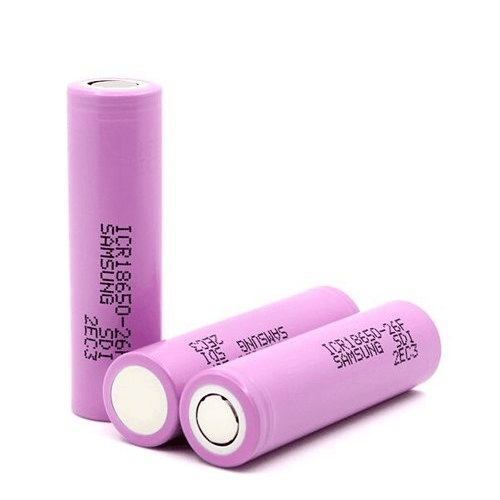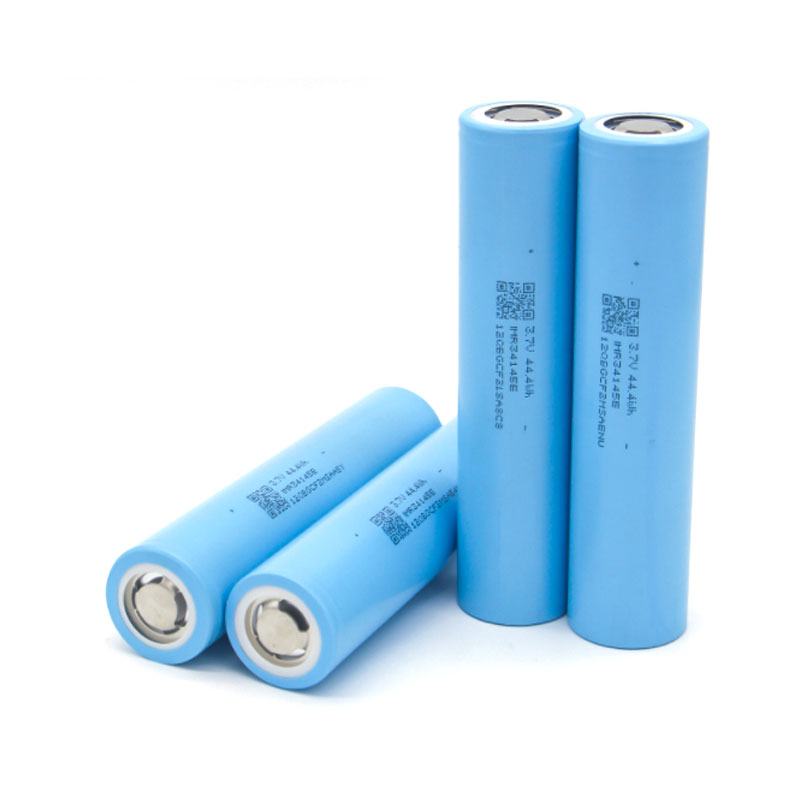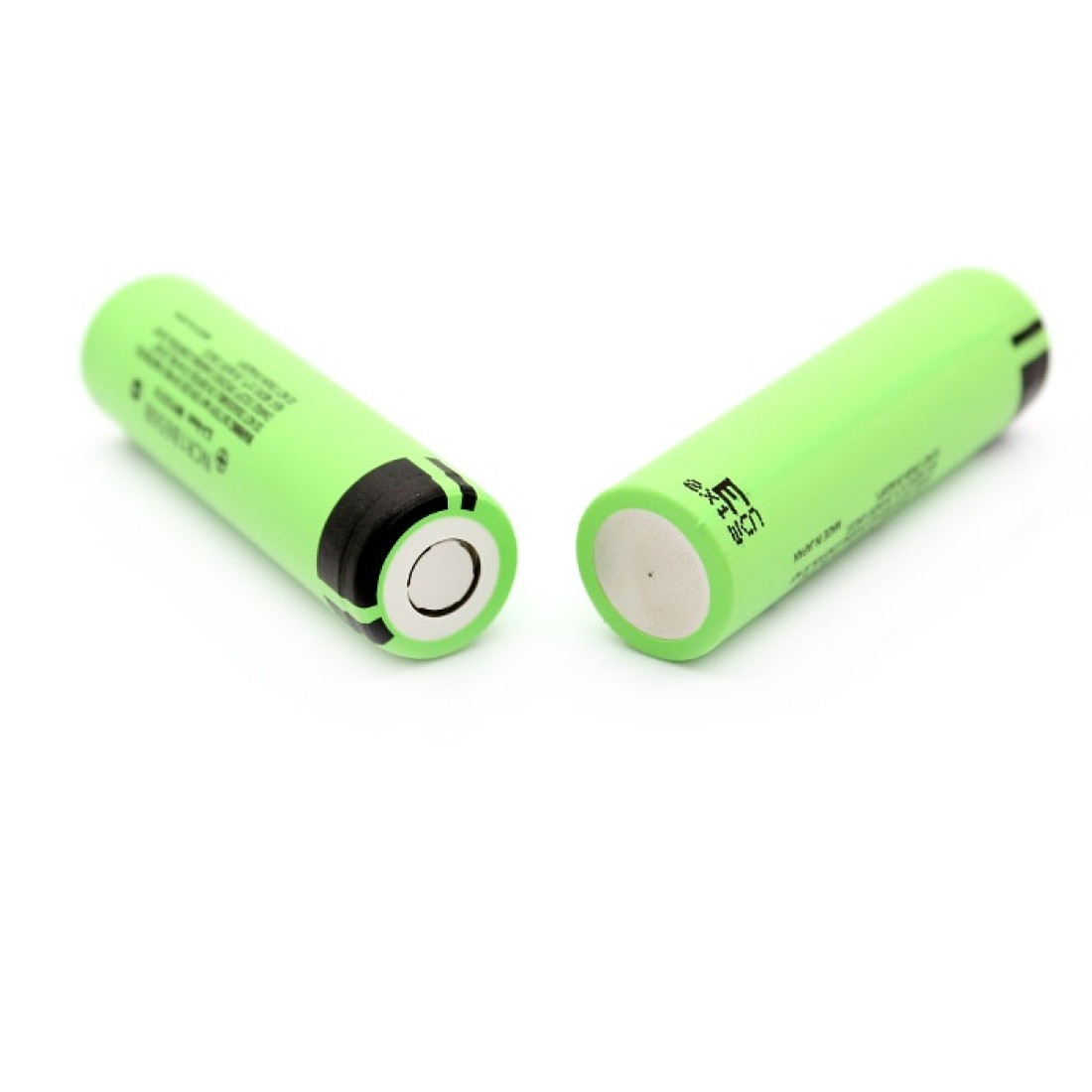Prismatic
Applications:
They are used in a wide range of applications including:
Consumer Electronics: Such as laptops, tablets, smartphones, and other portable devices.
Electric Vehicles (EVs): Prismatic cells are often used in EV batteries due to their ability to be stacked efficiently, which helps in optimizing the space and capacity of the battery pack.
Energy Storage Systems: They are used in stationary energy storage systems for homes, businesses, and grid-level applications.
Medical Devices: Some medical devices utilize prismatic cells due to their compact size and high energy density.
Advantages:
Space Efficiency: They can be packed tightly together, allowing for efficient use of space in battery packs.
Ease of Cooling: The flat shape facilitates easier heat dissipation compared to cylindrical cells.
Design Flexibility: Manufacturers can vary the dimensions to fit specific requirements of different applications.
Disadvantages:
Puncture Risk: The flat shape can make them more susceptible to damage if punctured.
Less Tolerance for Expansion: They may have less tolerance for swelling or expansion compared to cylindrical cells.
Applications:
They are used in a wide range of applications including:
Consumer Electronics: Such as laptops, tablets, smartphones, and other portable devices.
Electric Vehicles (EVs): Prismatic cells are often used in EV batteries due to their ability to be stacked efficiently, which helps in optimizing the space and capacity of the battery pack.
Energy Storage Systems: They are used in stationary energy storage systems for homes, businesses, and grid-level applications.
Medical Devices: Some medical devices utilize prismatic cells due to their compact size and high energy density.
Advantages:
Space Efficiency: They can be packed tightly together, allowing for efficient use of space in battery packs.
Ease of Cooling: The flat shape facilitates easier heat dissipation compared to cylindrical cells.
Design Flexibility: Manufacturers can vary the dimensions to fit specific requirements of different applications.
Disadvantages:
Puncture Risk: The flat shape can make them more susceptible to damage if punctured.
Less Tolerance for Expansion: They may have less tolerance for swelling or expansion compared to cylindrical cells.
Manufacturers:
Several companies produce prismatic cells, including Panasonic, Samsung SDI, LG Chem, and others. Each manufacturer may have variations in design, materials used, and performance characteristics.
Overall, prismatic cells are versatile and widely used in various industries due to their efficiency in space utilization and their adaptability to different applications' requirements.
